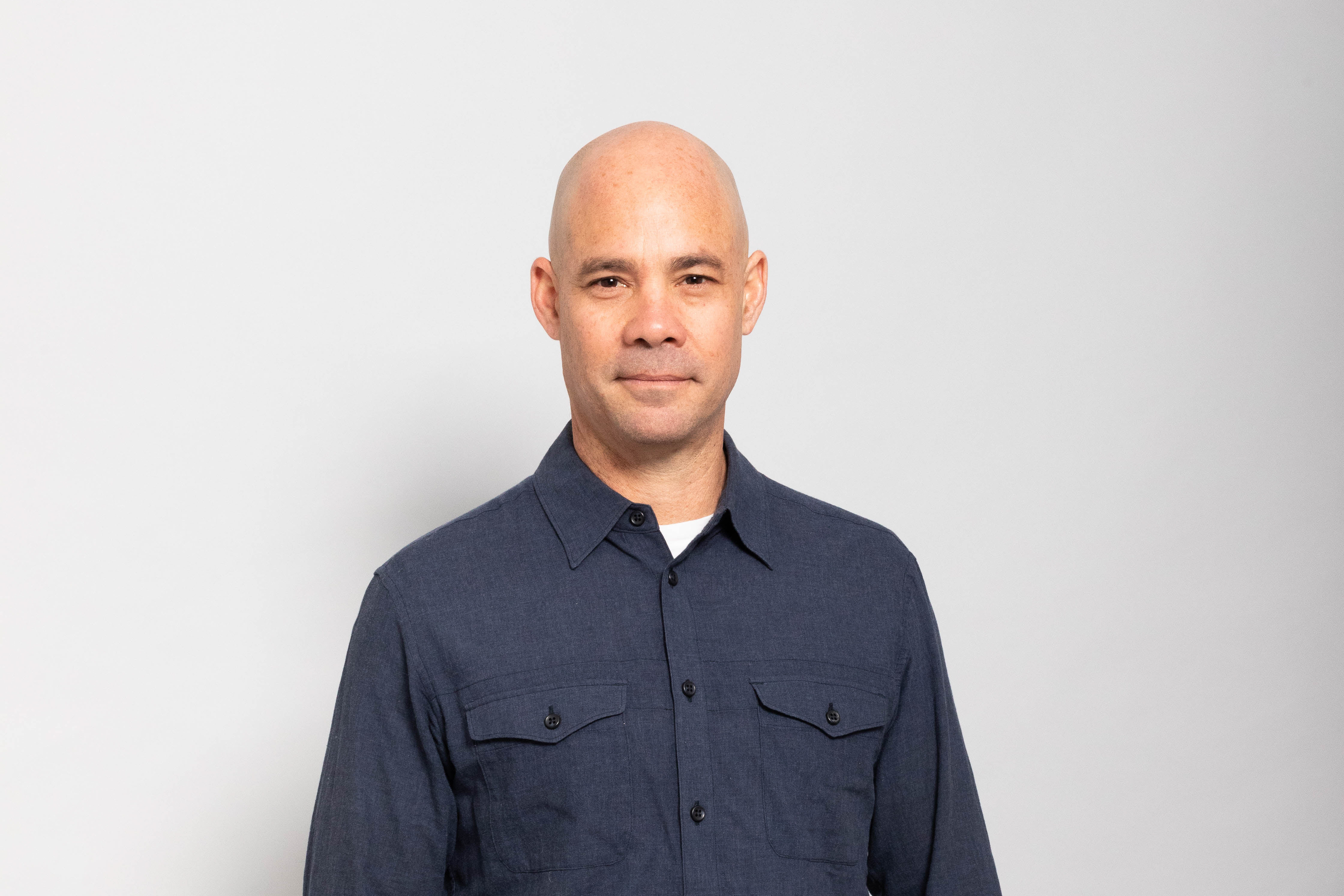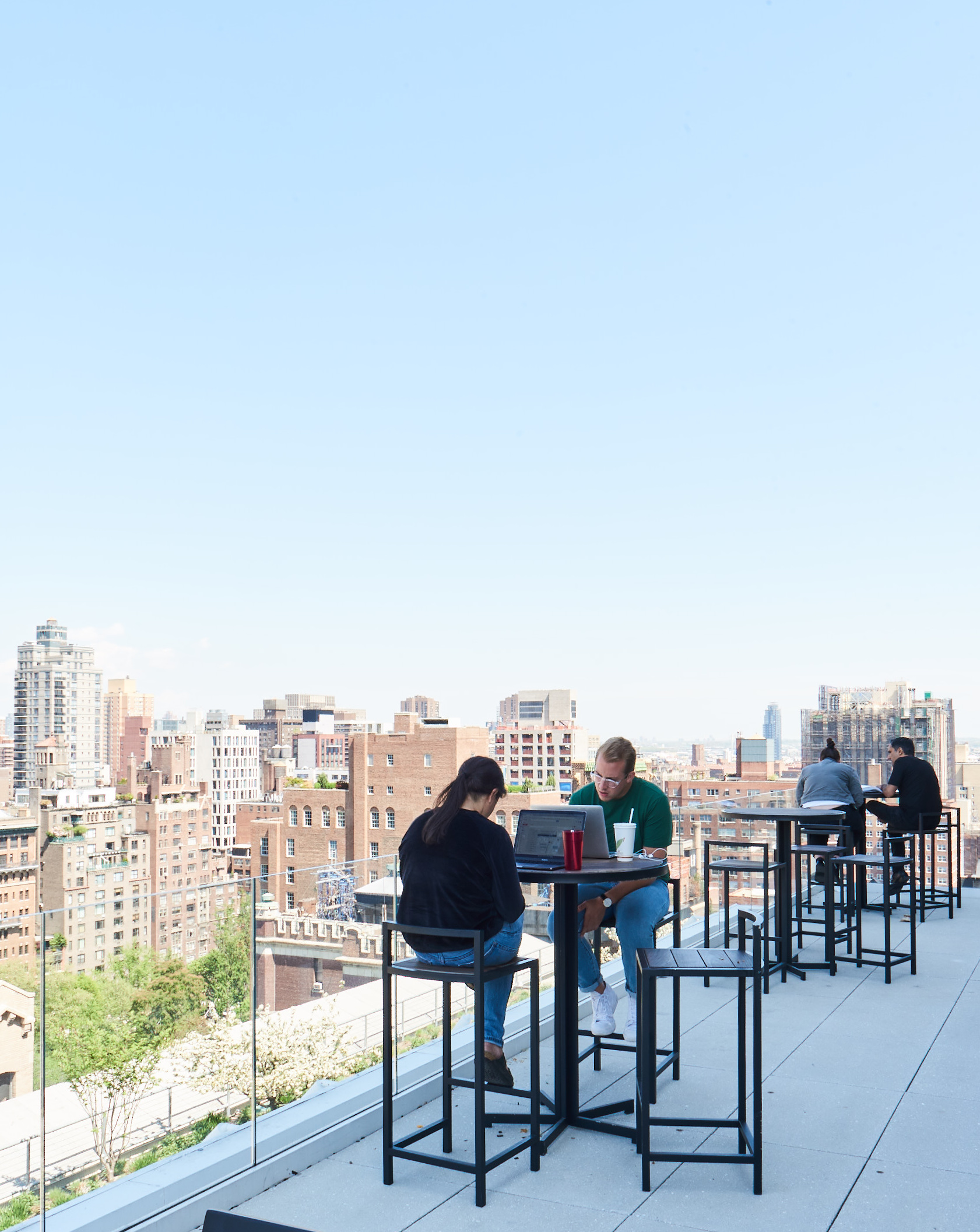From the founder’s daily meditation and openness with employees to team meetings that ban laptops and interrupting, Tender Greens has built a unique culture of mindfulness.
Mindfulness isn’t an easy feat for a fast-growing company, especially in the restaurant industry, where stress runs high, late nights sabotage healthy eating, and turnover is rampant.
But chef entrepreneur Erik Oberholtzer managed to foster a culture of connectedness and conscious kindness in the restaurant chain he founded, Tender Greens, which serves healthy food at affordable prices. He implemented small ideas at various levels of the company that have seeped into the fabric of the company’s culture.
Start at the top
How did he do this? He started with himself. Oberholtzer has been meditating every day, twice a day for twenty minutes. And he’s been doing it for 30 years straight.
That practice, he says, is the foundation for a mindful culture at Tender Greens, which has 1,500 employees and 29 stores on both coasts. He says that by calming his brain twice a day, he is less apt to react or jump to judgment. Meditation keeps his mind uncluttered.
In fact, people who know Oberholtzer well recognize that it’s far easier for him to make tough decisions or engage in weighty conversations after meditation. “Some of my friends even suggest I go meditate before entering into important discussions, which always is a great idea for all of us,” he says.
Oberholtzer didn’t pressure employees to meditate, but if they want to learn, he often offers assistance. But mostly, Oberholzer emphasized that employees stay true to their authentic selves and communicate openly. Oberholtzer did this — through transparent honesty and vulnerability. He has been known to share personal stories with the entire company about his deepest insecurities — such as the pressure to expand nationwide and perform for investors. And that kind of honesty gave the team permission to do the same.
“It fosters connections and transforms ordinary employee-to-employee relationships to something greater,” he says.
Daily check-ins
Tender Greens team relied on simple exercises to feed those conversations, such as mindful listening, in which two people take turns sharing things of importance about work and life, or both. One talks, while the other listens without interruption. And then they trade places.
The approach, Oberholtzer says, helped set sturdy discipline in meetings, coaching sessions and relationships. So many business meetings involve people talking over one another, interrupting or retreating to their laptop or cell phone. But at Tender Greens, people are encouraged to set an intention to shut down those habits.
Tender Green also used morning check-ins that skip over the niceties of “How’s it going,” and “Fine.” People are often asked big-picture questions, and people are encouraged to speak up and share what’s really on their minds. One question might be, “What outside of work brings a sense of higher purpose to your life?”
Oberholtzer says that people often learn something new about a colleague they have known for years and they get better insight into how they could support them or their goals. And ultimately, it fostered deeper connections between employees.
Encourage Community
Oberholtzer also lives by his convictions of volunteering, sustainability and social justice. For instance, seven years ago, he spent his weekends and evenings to start the Sustainable Life Project, a program that first identified trustworthy homeless youth who needed a chance and then taught them the basics of culinary arts and farming. A number of those kids were eventually given jobs within Tender Greens restaurants.
Today, the Sustainable Life Project is integrated into the company’s business operations, with its own budgets and its own team, and a couple kids graduated to culinary school. Some still work for Tender Greens and have climbed out of poverty to become restaurant managers. That program, he says, is a key reason why many people want to work for the company and that kind of cultural compassion is why so many of them stay.
Mindfulness, Oberholtzer says, begins with the leadership. And through small, honest conversations, employees can adopt conscious habits. In fact, Oberholtzer says that a mindful culture is one of the company’s biggest assets.


